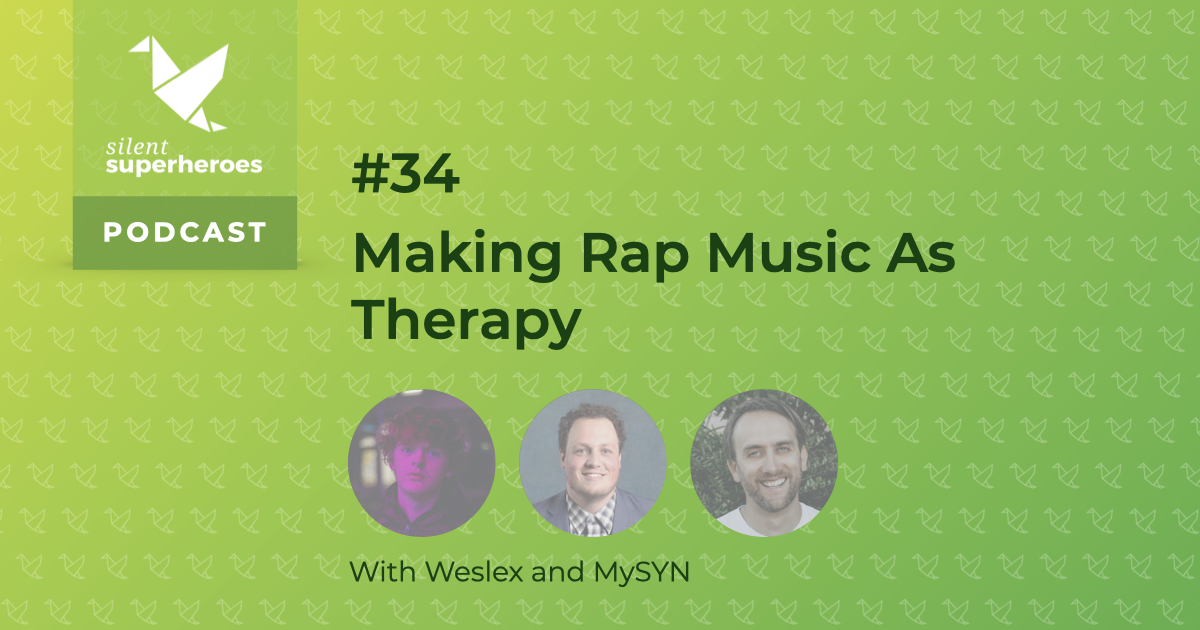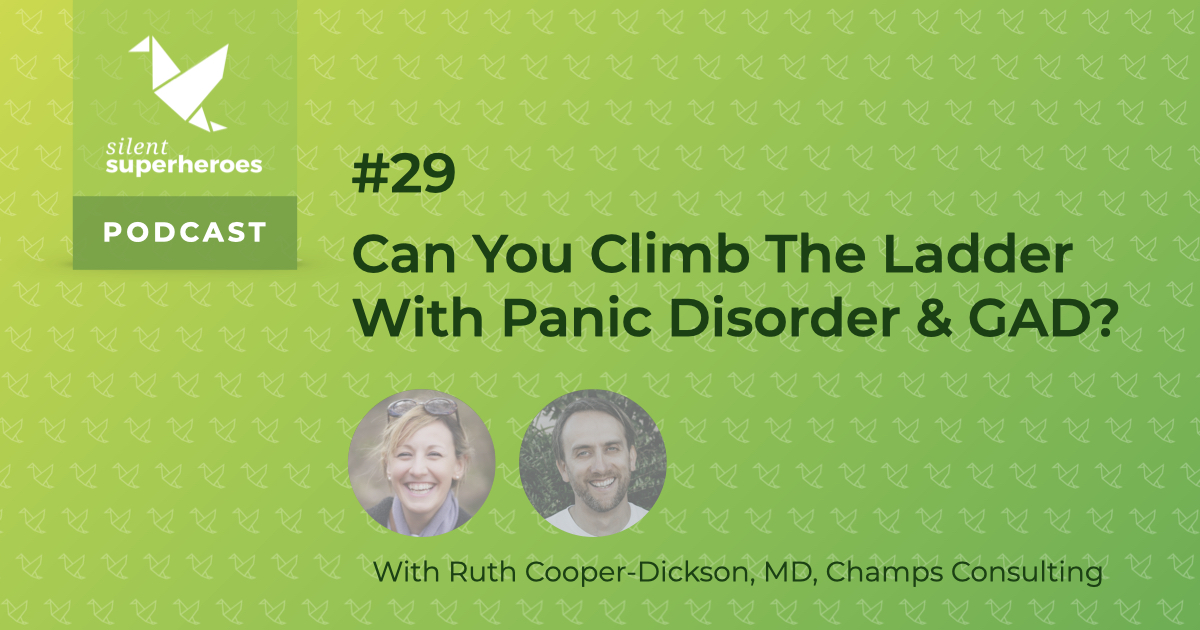Dillon and Wesley are a rap duet who perform under the names Weslex and MySYN. Wesley and Dillon took different paths through life. Whereas Dillon was the broody kid a little withdrawn from others, writing poetry and coming from a broken home. Wesley was the sociable, happy kid making everybody laugh. Despite different paths, their church brought them together. Wesley’s determination to make a hip-hop record lead them to record “A Really Bad Mixtape”, an album that deals with depression, dysthymia and bipolar. There they discovered making rap music is therapy.
Podcast: Play in new window | Download (Duration: 44:24 — 21.6MB)
In this episode of Silent Superheroes, Wesley and Dillon share their different paths to diagnosis. They also talk about how they started making music together, and the role of music as therapy in their lives. Finally, they reflect on what they’ve learned through this journey and offer hope to those who are suffering but not yet diagnosed.
Links
- Mood Swings Pt. 1 (song)
- Depression 101 (song)
- A Really Bad Mix Tape (album)
- Wesley on Soundcloud (profile)
About Bipolar
Bipolar disorder is a mental health condition that causes big mood swings. For example, emotional highs called mania or hypomania, and lows called depression. On the other hand, bipolar disorder used to be called manic depression.
When depressed, bipolar patients may feel sad or hopeless and lose interest in most activities. Then, when the mood shifts to mania, patients may feel happy, full of energy or unusually irritable. These mood swings can affect sleep, energy, activity, judgment, behavior and the ability to think clearly.
Episodes of mood swings may occur rarely or multiple times a year. While most patients will experience some emotional symptoms between episodes, some may not experience any. Although bipolar disorder is a lifelong condition, patients manage mood swings and other symptoms by following a treatment plan. In most cases, bipolar disorder is treated with medications and counseling.
Getting Support
Remember, the people you hear on Silent Superheroes are sharing their own views about mental health and mental illness. They are not giving advice. For that reason, please consult with your care provider before making a change to your treatment plan.
It’s important to take your mental health seriously. Consequently, if you need to speak to someone you can call 1-800-273-8255, or text crisistextline.org on 741741. Both provide 24×7 confidential counseling to people in the United States. Worldwide visit http://iasp.info/resources/Crisis_Centres/
Because you listened to the podcast, you can help others find it by leaving us a review on iTunes. Or if you don’t use iTunes, leave a review on your favorite podcasting service.



